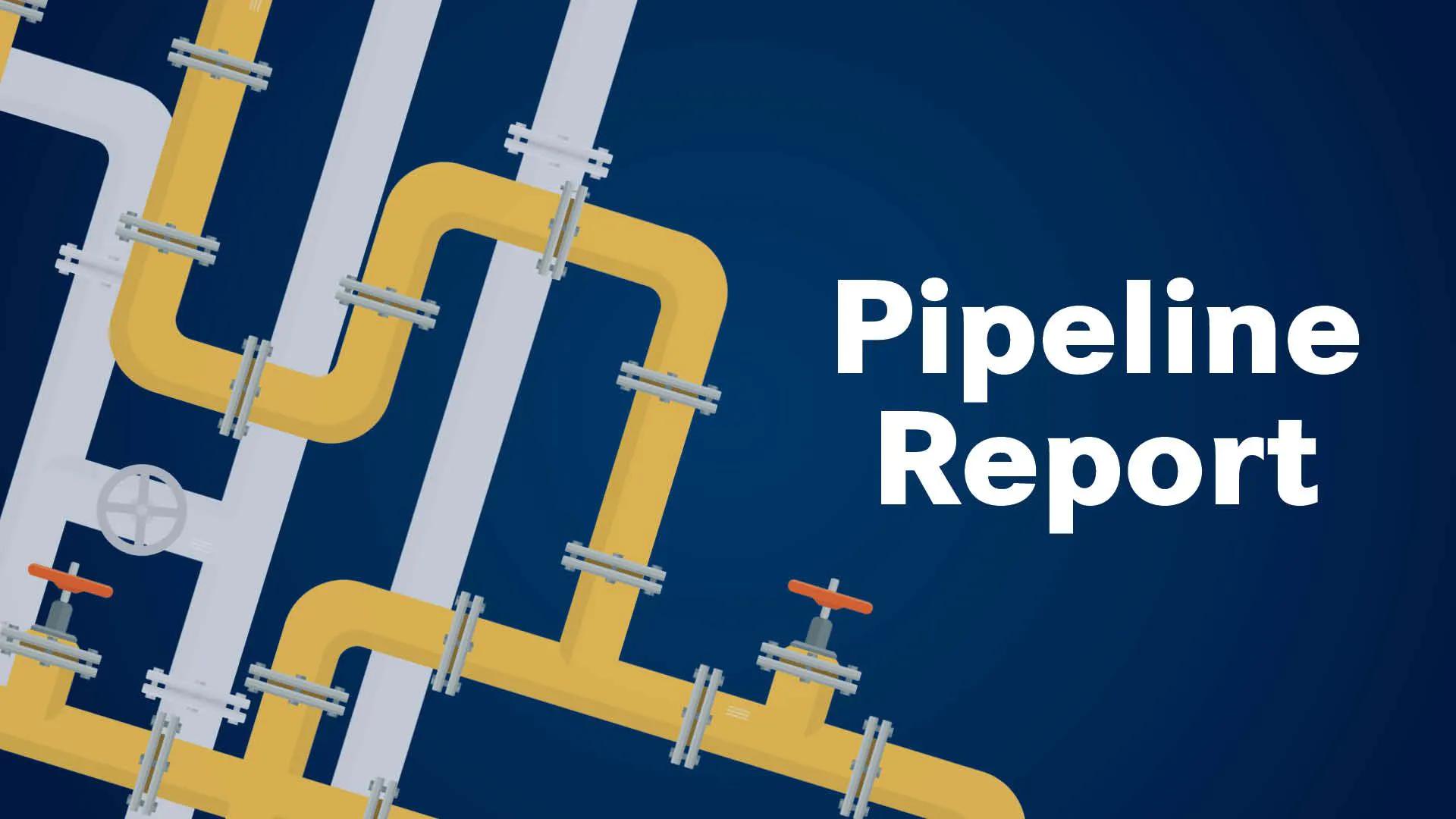
FDA Grants RMAT, Fast Track Designations to CB-010 in Relapsed/Refractory Non-Hodgkin Lymphoma

The FDA has granted CB-010 a regenerative medicine advanced therapy designation for relapsed/refractory large B-cell lymphoma and a fast track designation for relapsed/refractory B-cell non-Hodgkin lymphoma.
The FDA has granted CB-010 a regenerative medicine advanced therapy (RMAT) designation for relapsed/refractory large B-cell lymphoma and a fast track designation for relapsed/refractory B-cell non-Hodgkin lymphoma (B-NHL), according to an announcement from Caribou Biosciences.1
CB-010, an allogeneic anti-CD19 CAR T-cell therapy with a PD-1 knockout, is being evaluated in the phase 1 ANTLER trial (NCT04637763) in patients with relapsed/refractory B-NHL, including diffuse large B-cell lymphoma (DLBCL), primary mediastinal large B-cell lymphoma (PMBCL), and high-grade B cell lymphoma.
CB-010 is the first allogeneic anti-CD19 CAR-T cell therapy in the clinic with a PD-1 knockout, a genome-editing strategy designed to improve the persistence of antitumor activity by limiting premature CAR-T cell exhaustion.
“RMAT and fast track designations for CB-010 are important recognitions of the significant unmet patient need for an off-the-shelf cell therapy in the treatment of aggressive B-NHL,” Rachel Haurwitz, PhD, president and chief executive officer of Caribou Biosciences, said in a press release.
The first-in-human, phase 1, multicenter, open-label ANTLER trial is evaluating the safety and efficacy of CB-010 in patients with relapsed/refractory B-NHL who have received at least 2 prior lines of chemoimmunotherapy. The study consists of 2 parts, including the dose-escalation portion (part A) and the dose-expansion portion (part B).
The dose-escalation part of the trial will follow a 3 + 3 design and will establish the maximum tolerated dose, safety, and recommended phase 2 dose of CB-010. Within the dose-expansion part, investigators will evaluate for tumor response.
Patients who have received prior therapy with a CD19-directed therapy will be excluded from enrollment.
Data presented at the 2022 EHA Congress showed that regarding baseline and disease characteristics, the median patient age was 65 years (range, 62-68), and most patients were male (n = 5; 83%) and had an ECOG performance status of 0 (n = 5; 83%).
The median time since first diagnosis was 6 years (range, 0.7-16), and the median number of prior lines of systemic therapy was 3 (range, 2-8).
Represented lymphoma subtypes included DLBCL (n = 2), follicular lymphoma (n = 2), mantle cell lymphoma (n = 1), and PMBCL (n = 1). All six patients had CD19-positive disease.
Findings from the ANTLER trial presented at the 2022 EHA Congress demonstrated encouraging safety data and antitumor activity for CB-010 at dose level 1 (40 x 106 CAR T cells). Specifically, the results indicated that all 6 patients experienced a complete response (CR) as best response after treatment with CB-010 at dose level 1.
At 6 months, 3 of 6 patients (50%) maintained a CR, with the longest duration being 15 months.
Regarding safety, CB-010 was generally well tolerated at dose level 1. Treatment-emergent adverse effects (AEs) included neutropenia/neutrophil count decrease, thrombocytopenia/platelet count decrease, anemia, white blood cell count decrease, lymphocyte count decrease, lactate dehydrogenase increase, cytokine release syndrome (CRS), blood creatinine increase, fatigue, hypoalbuminemia, hypocalcemia, hyponatremia, immune effector cell–associated neurotoxicity syndrome (ICANS), febrile neutropenia, and syncope.
One case of grade 3 ICANS occurred that resolved in 39 hours. However, there was no evidence of grade 2 or greater CRS, graft-vs-host-disease, or grade 5 AEs.
Investigators are now enrolling patients into the second dose level of 80 x 106 CAR T cells.
“Through genome editing with our precision CRISPR chRDNA genome-editing technology, CB-010 has been designed with a PD-1 knockout strategy to improve the persistence of antitumor activity by limiting premature CAR-T cell exhaustion,” Haurwitz said. “In our ANTLER phase 1 trial, 3 of 6 patients treated with CB-010 at dose level 1 maintained a durable complete response at 6 months. We are encouraged that CB-010 has demonstrated early potential as an off-the-shelf cell therapy that may meaningfully rival autologous cell therapies.”
References
- Caribou Biosciences announces the FDA granted regenerative medicine advanced therapy (RMAT) and fast track designations to CB-010, an allogeneic anti-CD19 CAR-T cell therapy. News release. Caribou Biosciences. November 29, 2022. Accessed November 29, 2022.
https://bit.ly/3ioPlka - Nastoupil LJ, O’Brien S, Holmes, HE, et al. First-in-human trial of CB-010, a CRISPR-edited allogeneic anti-CD19 CAR-T cell therapy with a PD-1 knock out, in patients with relapsed or refractory B cell non-Hodgkin lymphoma (ANTLER study). Presented at: 2022 EHA Congress; June 9-12, 2022; Vienna, Austria. Abstract 3103.






































